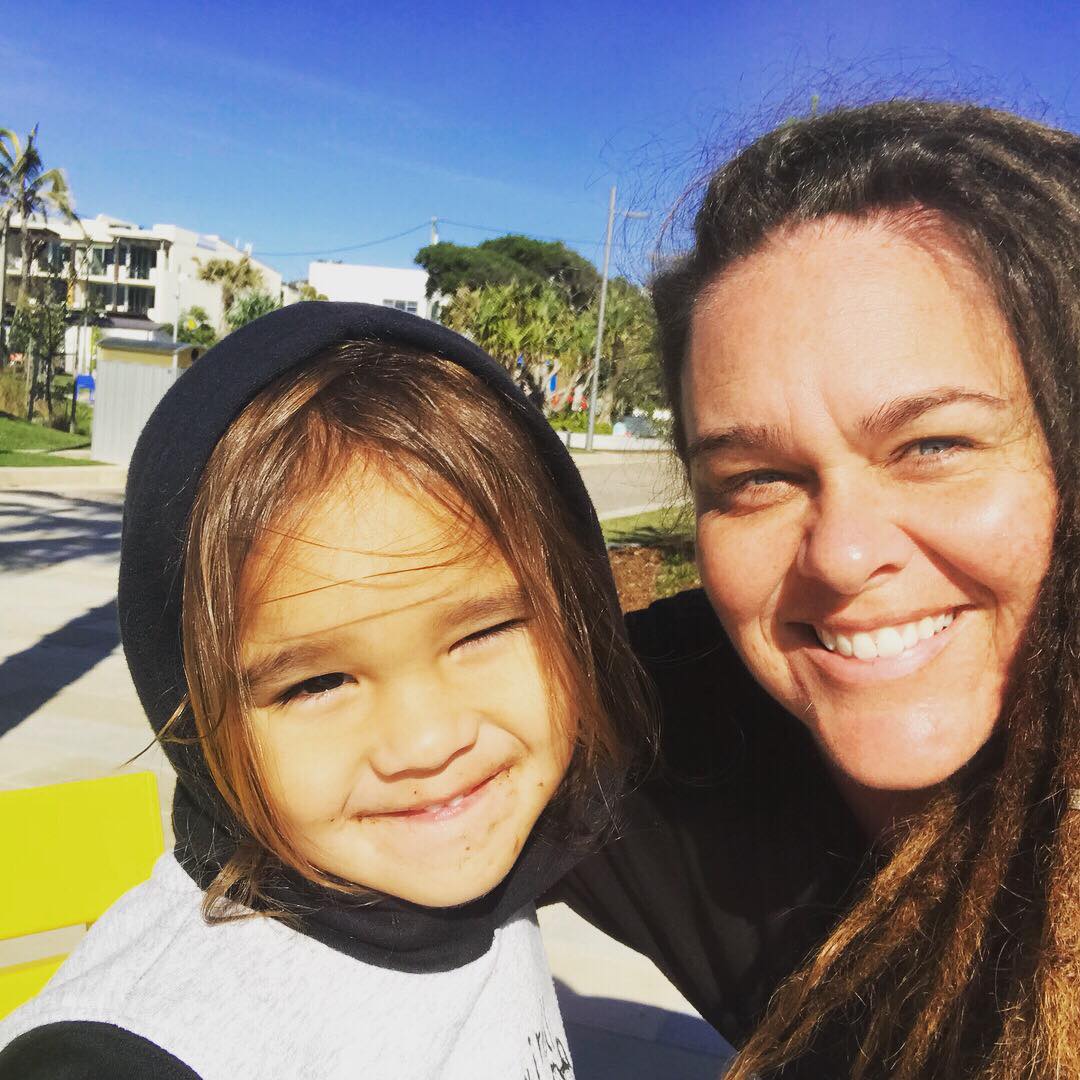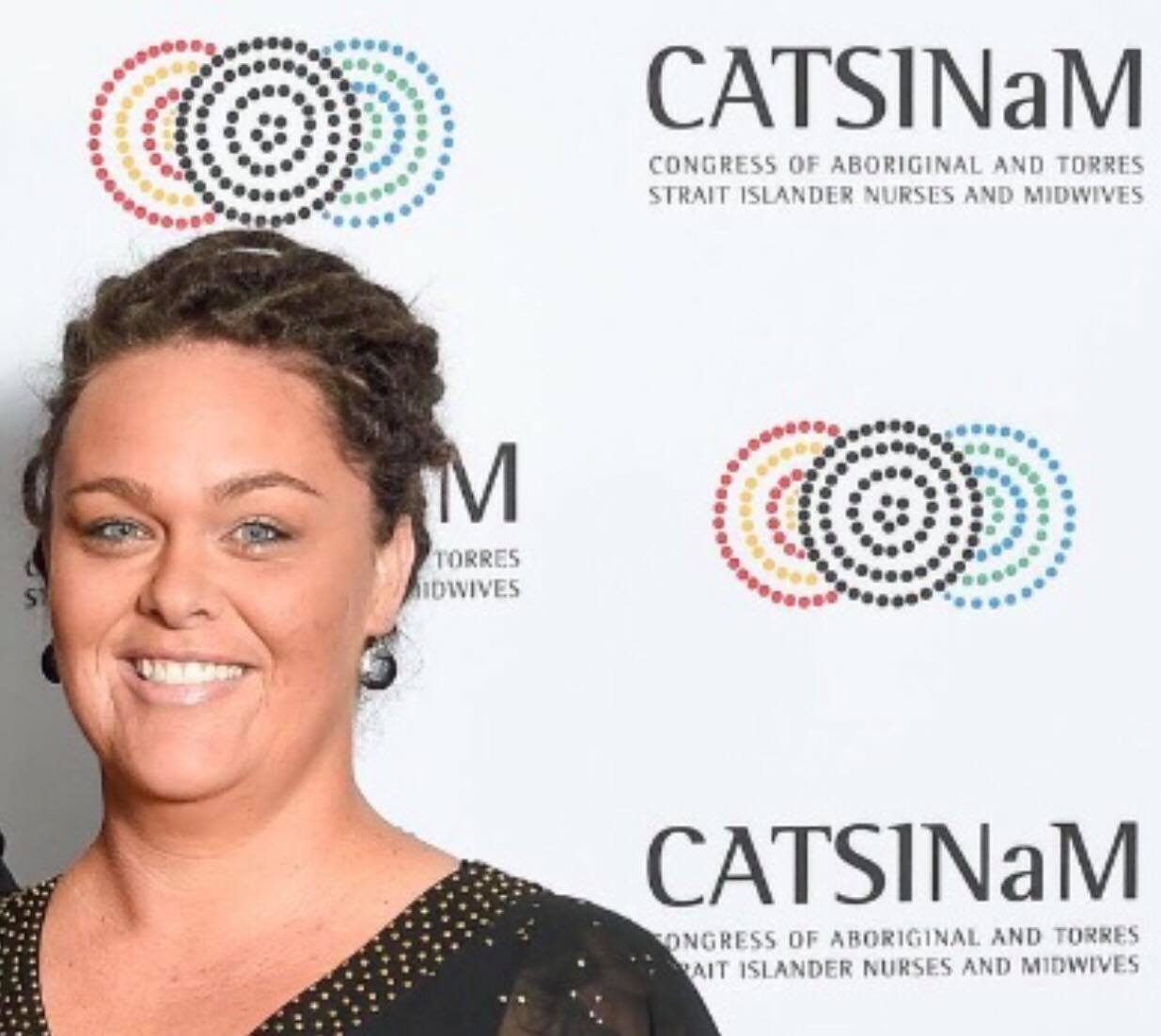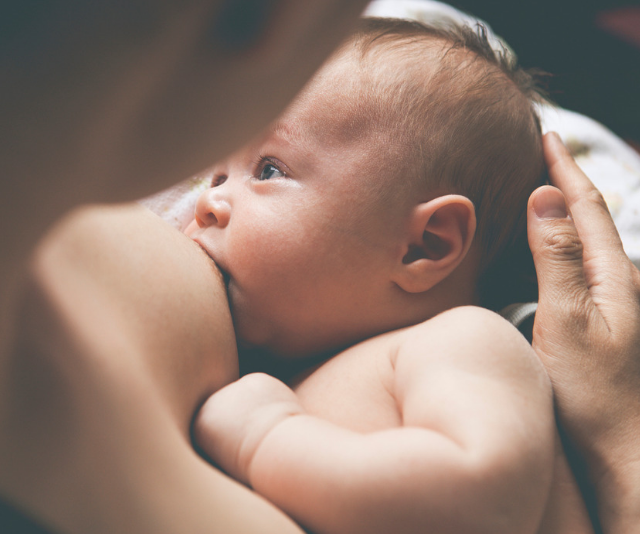Britain’s Royal College of Midwives (RCM) has updated its official position on breastfeeding, now saying mothers who choose not to breastfeed should be ‘respected.’
Britain’s Royal College of Midwives (RCM) has updated its official position on breastfeeding, now saying mothers who choose not to breastfeed should be ‘respected.’This is not entirely new advice from the RCM. The college has, for many years, insisted that women who have chosen to feed their babies by means other than breastfeeding should have their decision respected, however they are now clear that informed choice must be promoted.
The RCM’s new position statement says: “If, after being given appropriate information, advice and support on breastfeeding, a woman chooses not to do so, or to give formula as well as breastfeeding, her choice must be respected.”
The RCM’s ‘Breast is Best’ position has not changed
While the prominent support for bottle feeding mothers is a new feature of the statement, RCM’s main ‘Breast is Best’ position has not changed.
The position statement still says that “exclusive breastfeeding for the first six months of a baby’s life is the most appropriate method of infant feeding” in line with advice from the World Health Organization (WHO).
However, while the health benefits of breastfeeding have never been in doubt, RCM’s chief executive, Gill Walton acknowledges that it is a struggle for some new mothers, and their choice to not breastfeed should be supported.
Walton says: “Evidence clearly shows that breastfeeding in line with WHO guidance brings optimum benefits for the health of both mother and baby. However, the reality is that often some women for a variety of reasons struggle to start or sustain breastfeeding.
“The RCM believes that women should be at the centre of their own care and as with other areas of maternity care, midwives and maternity support workers should promote informed choice.
“If, after being given appropriate information, advice and support on breastfeeding, a woman chooses not to do so, or to give formula as well as breastfeeding, her choice must be respected.”
Around 15 percent of Australian babies are exclusively breastfed until 5 months
Australian National Infant Feeding Survey statistics showed that 90 percent of new mothers initiated exclusive breastfeeding. Further to that, only 15.4 percent of babies were exclusively breastfed to 5 months (that is, for less than 6 months).
That’s a lot of bottle feeding mothers out there who are perhaps not getting the support they need.
Mum-of-five, Marni Tuala breastfed her first three children, however the journey was not easy and she had some struggles along the way. When it came to baby number four, she made the decision to bottle feed from the start.
“I chose not to breastfeed my fourth child, a decision I made the second I found out I was pregnant. I felt as though my choice was respected by most of my care givers, but that was probably more so because I had other children already.” Says Tuala.
Since that time, Tuala has herself become a midwife and had a fifth child, son Tasi who she breastfed up until 14 months.
Speaking with Now to Love, Tuala says: “Fundamentally it is woman’s choice to breastfeed or not. It is our job as midwives to ensure all women are making informed choices, and are supported in the decisions they have made for themselves.”

Marni Tuala with son, Tasi. Marni breastfed four out of her five children and is happy with her choices.

Marni Tuala is a midwife and mother-of-five who says “that women should be empowered to make informed choices about their bodies and their babies”.
“There is always a reason behind her choice”
As a midwife, Tuala recognises that feeding decisions can be daunting for new mothers, and observes that first time mothers who choose to bottle feed sometimes face more judgement, than those who are already mums.
“In my experience, I think first time mums are scrutinised more when they choose not to breastfeed however, there is always a reason behind her choice.
“It wasn’t until I had my fifth child that I was a midwife myself. I don’t think it is coincidental that his was the longest breastfeeding duration. Being a midwife by then, I was much more informed about the breastfeeding challenges that I had previously faced that had caused me to cease breastfeeding early.
“Having said that, at the time, I always felt like I made informed decisions about my breastfeeding journeys and was comfortable in those choices.
“The bottom line is that women should be empowered to make informed choices about their bodies and their babies. We as midwives when providing holistic, woman centred care need to support women in their choices.”
